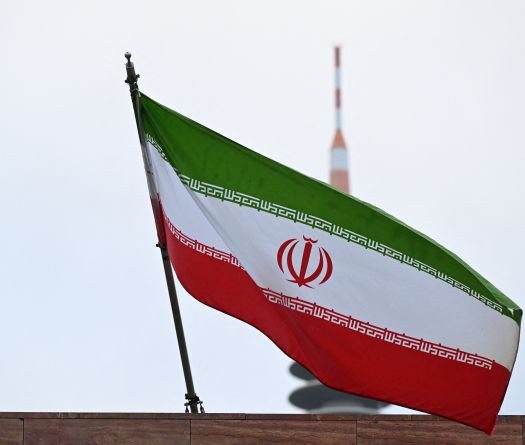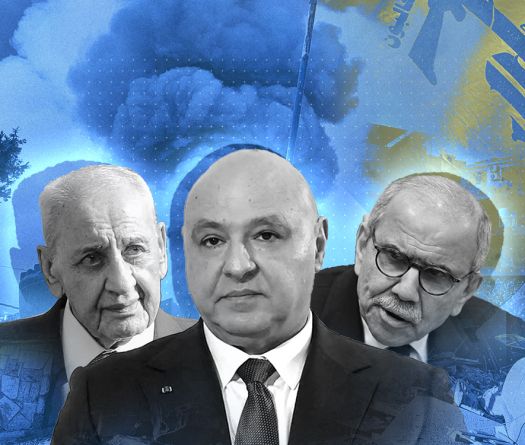
- 14:51 UK cuts 2026 growth forecast, hikes 2027-28: finance minister
- 14:39 Israel calls on about 60 countries to cut ties with Iran
- 14:35 Hezbollah says targeted Israeli military site
- 14:26 Israel army says struck senior Iranian commander in Tehran
- 13:56 Loud explosions in Iranian capital: AFP journalists
- 13:50 Precious metals prices fall as Iran war roils markets
- 13:35 New series of strikes on Beirut southern suburbs: AFPTV
- 13:33 Iran urges UN Security Council to move to stop war
- 13:32 Drone crashes near Omani port, two others downed: state media
- 13:30 Brent oil price tops $85 for first time since July 2024


Hezbollah Says Attack on Israel was 'Defensive Act'
This is Beirut 01:20

Israel Army Says 'All Options on the Table' Regarding Lebanon Ground Offensive
This is Beirut 02/03 21:05

U.S. Official to TIB: ‘Hezbollah has made a grave mistake by entering this war at Iran’s direction’
This is Beirut 02/03 21:00

Israel Intensifies Campaign in Lebanon Against Hezbollah as Israeli Army Plans Next Steps
This is Beirut 02/03 18:20
See all

Has Iran Been Militarily Exposed?
Natasha Metni Torbey 12:15

Trump Says Largest Strikes on Iran Still to Come as War Expands Across Region
This is Beirut 06:25

U.S. Embassies Targeted Throughout the Region
This is Beirut 03:40

Gulf States Weather More Iranian Attacks on Monday
This is Beirut 02/03 23:25

Qatar Downs Iran Warplanes, Halts LNG Production as Gulf Crisis Deepens
This is Beirut 02/03 19:45

































